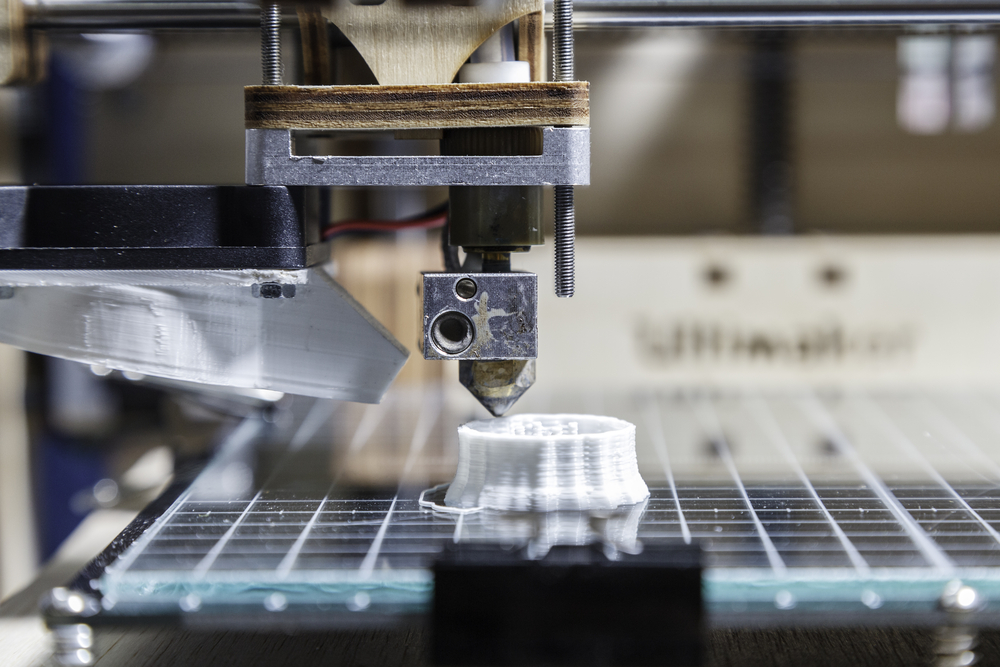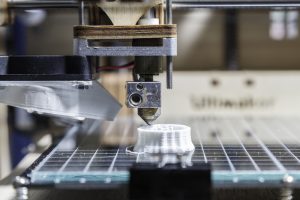
Will there ever be 3D printed PCBs?
 '3D printing' is undeniably creating something of a buzz in the worlds of technology and product development at the moment. The amount of products that are now electronically printed is seemingly endless, and this only looks set to continue.
'3D printing' is undeniably creating something of a buzz in the worlds of technology and product development at the moment. The amount of products that are now electronically printed is seemingly endless, and this only looks set to continue.
Many industries have been investing in the latest 3D printing techniques, and it has certainly been used for product prototyping purposes thus far.
3D Printed PCBs
Currently, the closest that we've come to 3D printed PCBs is through the creation of the enclosures that surround electronics. This is not an overly complex process, as only one material is required in the printing. True 3D printed PCBs would be far more complex and another story altogether, as the matter of conductivity requires multiple materials making up the PCB as a whole. Existing inks and printers simply haven't been up to the challenge.
Indeed, up to this point, 3D printing has not actually crossed over into the world of electronics. But recent developments have suggested that 3D printing could have an involvement with the development of PCBs in the near future. The effect that this would have on the PCB industry would be staggering and perhaps unprecedented.
Some printers are currently capable of printing boards containing basic conductive traces. However, the nature of these current specimen renders them unsuitable for industry-level electronics. Conductivity and resolution must be improved before these boards will be suitable for professional electronics.
Creating printers that can truly create printed circuit boards would involve developing some seriously advanced electronics, making use of three different 'axes'. The inks involved would also need to be highly developed on a nanoparticle level. Finally, the printer in question would need to be able to interpret 2D CAD instructions in order to correctly create a 3D board. This allows for the 3D printer to print the substrate to the required thickness, leave and fill holes where vias are required, and more.
If 3D printed PCBs ever materialise, they will revolutionise the PCB industry and the electronics industry as a whole. It will completely speed up the PCB development process, which currently takes days or weeks. PCB and electronics companies must be prepared to revolutionise and move with this new technology in order to keep ahead!
Some skeptics however have stated that the precision may not be enough. The present procedure to fabricate PCBs is EXTREMELY exact. Another potential issue may be that the material is costly (for the most part silver based). This is fair for fundamental outlines yet rapid work requires ground and power planes which begin gobbling up the material very quickly. It may also struggle with layers.

